Can Cyanogen's McMaster build the "Google-less" Android he is aiming for?

Now that Cyanogen has received $80 million in funding from big name outfits like Twitter Ventures, Qualcomm, Telefónica Ventures, Rupert Murdoch, CEO Kirt McMaster can continue to work on his dream of "a Google-less Android." The money will be used to hire the people and fund the R&D needed for McMaster to reach his goal.
Perhaps it seems subtle from the first paragraph, but it really isn't. McMaster is not happy with Google's hold over the open source operating system and says "We’re putting a bullet through Google’s head." Normally a comment like thas might be easily dismissed, but now that the Cyanogen executive has $80 million worth of bullets and the tacit approval from those investing to go after Google, this is going to get interesting.
While details still need to be worked out, Miami-based Blu is expected to produce the first phone to run on the Google-less Android platform made by Cyanogen later this year. Blu's chief executive says that he hopes to have the Amazon Appstore instead of Google Play, Nokia HERE for maps, one of Opera's third party browsers, OneDrive and Dropbox for cloud based storage and Spotify for music. Bing would handle searches and Cortana would be the personal assistant (she is coming to Android, after all). And while it wasn't mentioned, the mobile YouTube site could be accessed from the browser for those who are addicted to the video clip site.
Sounds like Blu has just about everything taken care of. But Google has used its rather larger reach to put the kibosh on other devices that were going to run a forked version of Android. For example, in 2012 Google blocked Acer from launching its Acer A800 handset which was supposed to be released in China, powered by the Aliyun OS. The latter was a forked Android OS. Andy Rubin, who at the time was running Android, said that there were pirated Google apps in the Aliyun app store, and the software used Android runtime, framework and tools.
Right now, 50 million people have a Cyanogen powered handset according to the company, and some analysts see it eventually running on 1 billion handsets. There is a long road between 50 million and 1 billion, but it is a road that McMaster is passionately hoping to ride on.
Right now, 50 million people have a Cyanogen powered handset according to the company, and some analysts see it eventually running on 1 billion handsets. There is a long road between 50 million and 1 billion, but it is a road that McMaster is passionately hoping to ride on.
source: Forbes via AndroidAuthority
Follow us on Google News






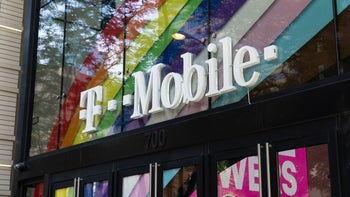


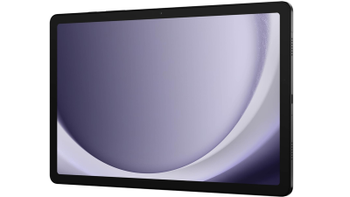
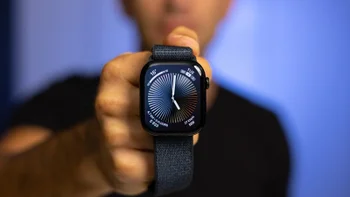
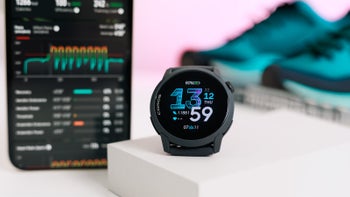
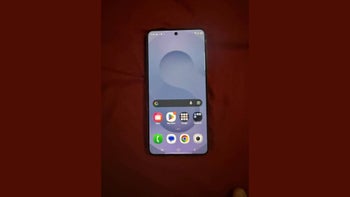
Things that are NOT allowed:
To help keep our community safe and free from spam, we apply temporary limits to newly created accounts: